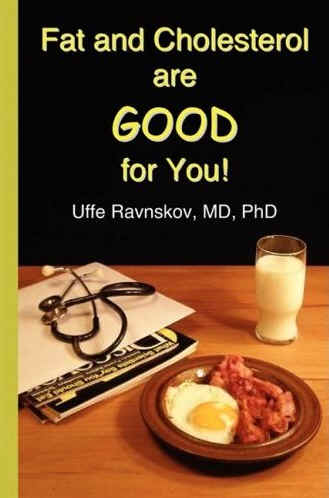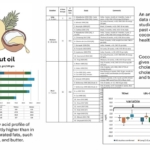Health Impact News Editor Comment: How ironic is it that the belief in the lipid theory of heart disease, and the theory that high cholesterol contributes to heart disease and therefore needs to be reduced via medication, is in fact contributing to heart disease as yet another study is published showing the dangers of statin drugs. Note: Dr. Briffa points out how this study shows that those on statins have “reduced insulin sensitivity” which leads to type 2 diabetes. We also now know that this leads to “type 3″ diabetes which causes Alzheimer’s. Read more here on how statins might be contributing to Alzheimer’s disease as well!
By Dr John Briffa
drbriffa.com
Excerpts:
In a study published this week in the Journal of the American College of Cardiology (JACC), Danish researchers measured CoQ10 levels in individuals taking simvastatin (a commonly-prescribed statin), and compared them with those not taking statins [1]. The levels in those taking the statin were significantly lower.
What was also interesting about the JACC study is that it found that those treated with statins had lower levels of oxidative phosphorylation than those not taking them. They also had reduced ‘insulin sensitivity’. This is relevant for a number of reasons, including the fact that insulin facilitates the uptake of nutrients such as glucose into the cells. Lowered insulin sensitivity can therefore ‘starve’ the cells of essential nutrients. Reduced insulin sensitivity is also the underlying fault in type 2 diabetes. It is perhaps worth bearing in mind that statin use has been proven to increase the risk of type 2 diabetes.
Another thing worth bearing in mind here, I think, is the fact that the heart is a muscle, and depleting it of CoQ10 may be hazardous for cardiac health. Specifically, it may weaken the heart and lead to what is known as ‘heart failure’ (also known as ‘congestive cardiac failure’).
Read the Full Article and Comment Here: http://www.drbriffa.com/2013/01/04/could-statins-be-adding-to-the-epidemic-of-heart-failure/
References:
1. Larsen S, et al. Simvastatin Effects on Skeletal Muscle – Relation to Decreased Mitochondrial Function and Glucose Intolerance. J Am Coll Cardiol. 2013;61(1):44-53





 How the Simple High-Fat Low-Carb Ketogenic Diet Continues to Change People's Lives
How the Simple High-Fat Low-Carb Ketogenic Diet Continues to Change People's Lives New Studies Continue to Show that Coconut Oil is the Best Oil for Treating Skin Conditions and Maintaining Healthy Skin and Teeth
New Studies Continue to Show that Coconut Oil is the Best Oil for Treating Skin Conditions and Maintaining Healthy Skin and Teeth New Study Confirms Health Benefits of Coconut Oil and USDA False Claims Against It
New Study Confirms Health Benefits of Coconut Oil and USDA False Claims Against It The FDA has NOT Banned Trans Fats! Traditional Saturated Fats like Coconut Oil Continue to Shine for Alzheimer's Disease but are Condemned by U.S. Dietary Advice
The FDA has NOT Banned Trans Fats! Traditional Saturated Fats like Coconut Oil Continue to Shine for Alzheimer's Disease but are Condemned by U.S. Dietary Advice The Evidence of Coconut Oil's Superiority Over Drugs in Destroying Pathogens Continues to be Published in Peer-Reviewed Journals
The Evidence of Coconut Oil's Superiority Over Drugs in Destroying Pathogens Continues to be Published in Peer-Reviewed Journals